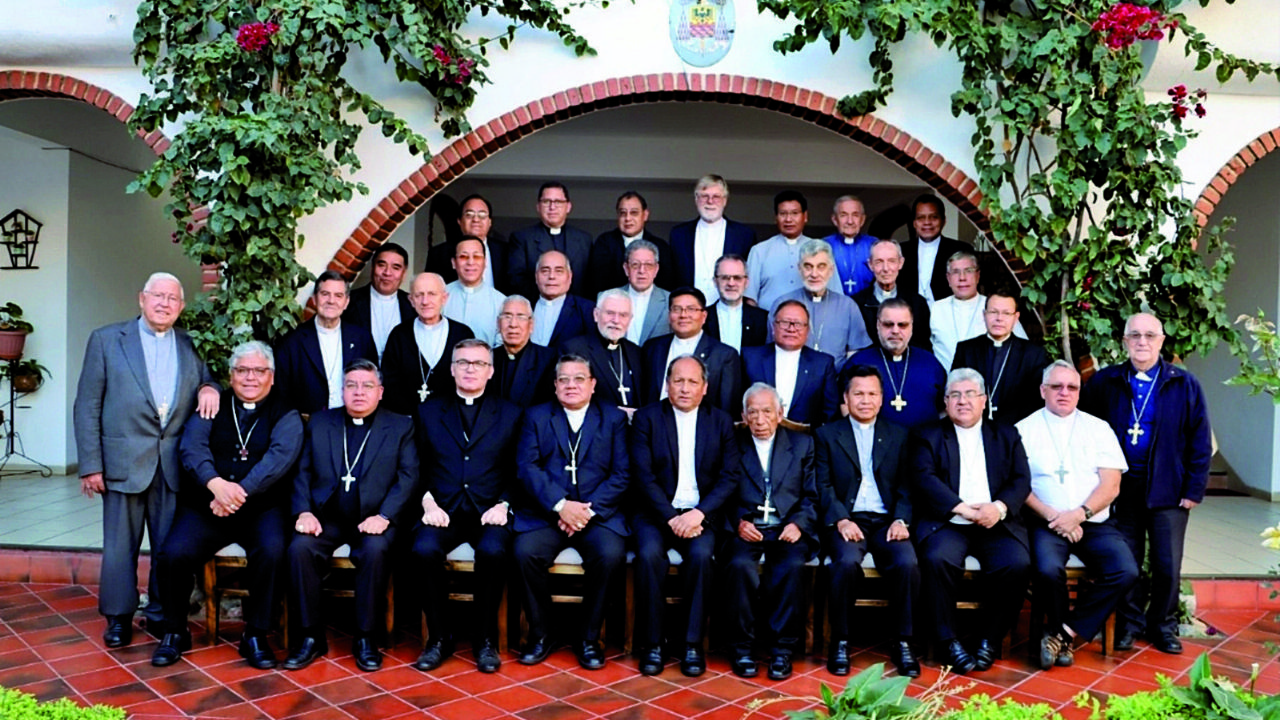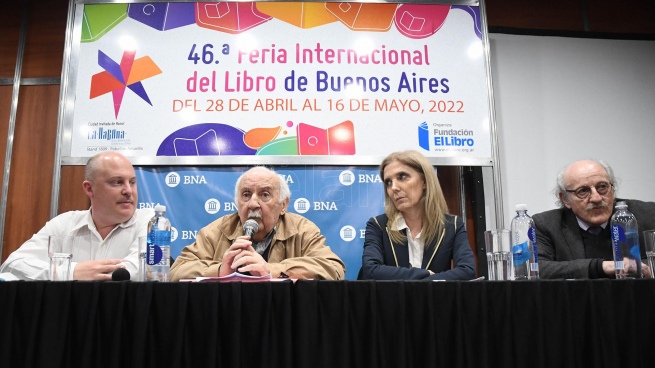Jorge Quispe / La Paz
The CX Assembly of Bishops, which ended yesterday in Cochabamba, made a call to join efforts for a united Bolivia, but also referred to justice, which in the opinion of Monsignor Aurelio Pesoa, president of the Episcopal Conference of Bolivia (CEB), “justice is not fulfilling its mission” in the country.
“We recognize that (justice) is not fulfilling the corresponding mission, I think that this is not only said by us, but also by other political actors. An issue that should not only concern the Catholic Church, but should concern all Bolivians,” said Pesoa. The statement comes at a time when former president Jeanine Añez served more than a year of preventive detention in jail for two processes. Behind bars there are also military personnel, former ministers and ex-civilians accused of the alleged “coup d’état” of 2019.
In the official document issued by the CX Assembly of Bishops of Bolivia, the Catholic Church again made “a call, in the face of clamor, for a substantial reform of the administration of justice, fair and free from all political, economic and other interference” .
“Injustice”
Pesoa insisted that “we should all feel sure that there is equitable justice, and justice would hopefully be for everyone and not just for some, as the Episcopal Conference we are concerned about the injustice that is being experienced in our country.”
Page Seven revealed on Monday how the former manager of the Marco Aramayo Indigenous Fund, who died on Tuesday, April 19, affected by 256 trials, was taken for seven years to 57 prisons throughout the country to attend hearings that in many cases were suspended. Executive Elvira Parra, who has 182 trials, is still in jail.
About the census
The CX Assembly of Bishops also referred to the census, which will take place on November 16, and which, according to the Church, “lacks transparency”
“And as another cause for concern for the Church, they pointed out the lack of transparency and the tendency to politicize the next census,” the text says.
Pesoa confirmed that they sent a letter to the National Institute of Statistics (INE) to include the question on the census ballot about the type of religion followed by citizens in Bolivia.
“It is true that we hear that Bolivia is a secular country and we are happy about that. We are not wanting to change the system, what we are against are those secular positions that sometimes arise, confusing the country”, said Monsignor Pesoa.
On March 18, the president of the National Christian Council of the Evangelical Churches of Bolivia, Luis Aruquipa, warned that they will instruct their parishioners not to answer the questions on the census ballot because they consider the process to be fraudulent and invalid, not wanting to incorporate the question about religion.
Given these warnings, the director of the INE, Humberto Arandia, reported on Thursday that a commission headed by the Ministry of Foreign Affairs is analyzing the issue.
In Santa Cruz, civic and other sectors marched in early April to demand transparency in the census process.
















